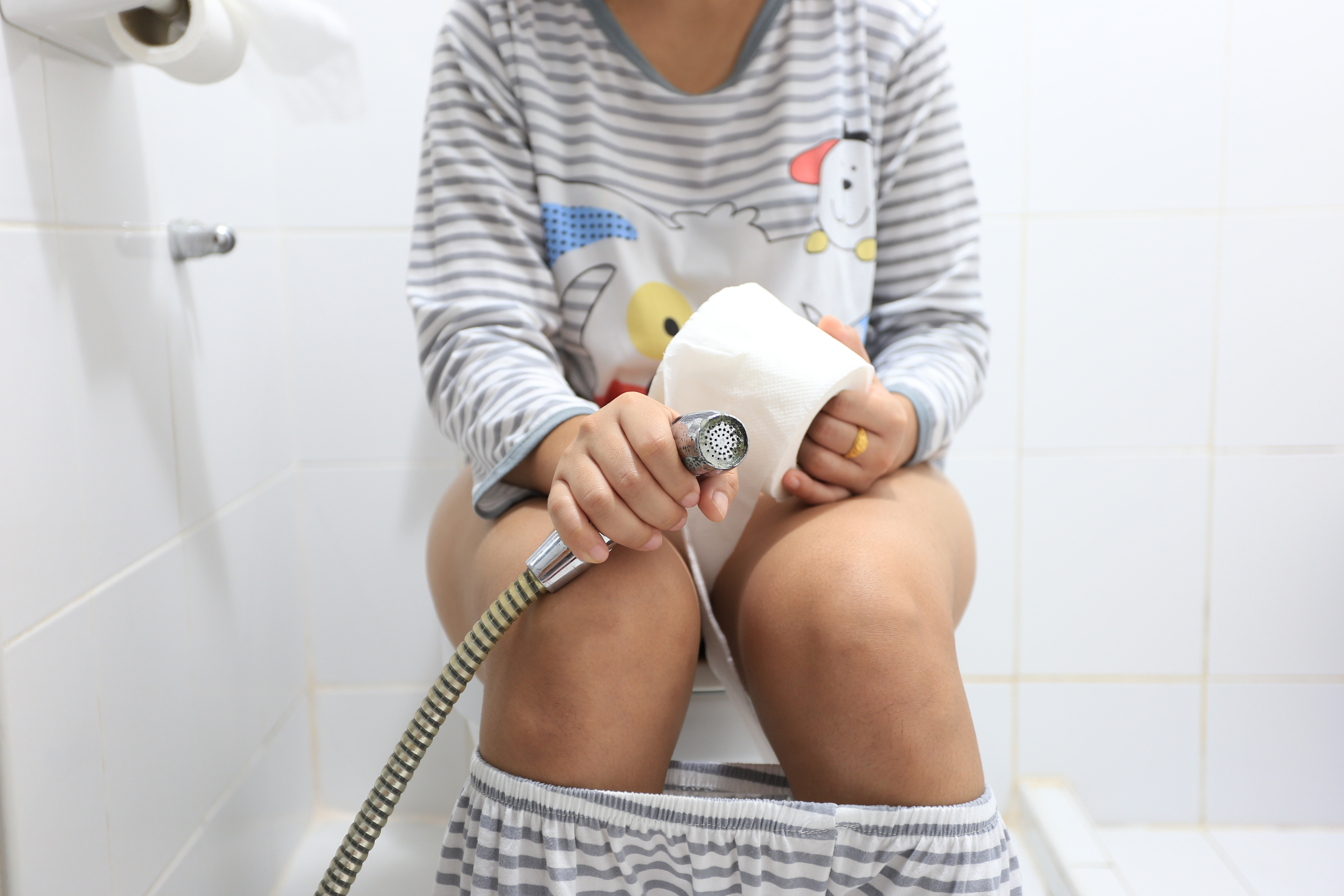- Toilet paper is the standard way to clean up after pooping, but it’s not actually the healthiest way, a doctor says.
- Bidets are gentler and more hygienic than toilet paper, which just smears around your poo.
- Bidets work by spraying a small stream of water, the same water that comes out of your sink faucet, onto your butt hole, rinsing off any leftover fecal matter.
- If you can’t access a bidet, be sure to use a patting motion when you clean up to prevent anal tears.
- Visit Insider’s homepage for more.
Toilet paper has become synonymous with pooping, but it may not actually the best way to clean up.
According to Dr. Evan Goldstein, a New York City-based rectal surgeon, using a bidet is the ideal way to care for your backside after using the bathroom.
“Charmin and all these brands have done a great job making us think that toilet paper is hygienic. It’s not,” Dr. Goldstein told Insider during Butt-Con, an event hosted by Tushy, a company that sells bidet attachments for toilet seats.
Bidet advocates say wiping with toilet paper essentially smears your fecal matter around without actually cleaning the area. The way Goldstein puts it, it’s like stepping on dog poop and only wiping it off with paper rather than washing it off your shoe first.
Still, the average American goes through about three rolls of toilet paper every week, Fortune previously reported.
Wiping with toilet paper can cause anal tears
Not only does toilet paper do a less-than-ideal job of cleaning, but the butt-wiping tool can actually lead to injury, Goldstein said.
Dry toilet paper can be abrasive, so if someone wipes too hard or too many times while using it, the thin and delicate skin on your anus can tear causing bleeding or pain.
The solution, according to Goldstein, is using bidets, if possible.
The tools, which are few and far between in the US, work by spraying a small stream of water (the same water that comes out of your sink faucet) onto your butt hole, rinsing off any leftover fecal matter. Then, users can pull up their pants or pat off the excess water with a small bit of toilet paper.
The scientific jury is still out on whether bidets are really safer
There's not a lot of research on bidets, and what is out there is mixed, according to Berkeley Wellness. They may be a good option for people with arthritis, and some research suggests they can help with such conditions as hemorrhoids, anal fissures, and pruritus ani (aka an itchy anus).
But other research has found a type of anal fissures may actually improve when you stop using a bidet, Berkely reported, and another study found women who use bidets all the time may alter the normal bacteria in their vaginas.
How safe a bidet is also depends on the pressure and water temperature.
If you choose not to use a bidet or don't have access to one, just be sure to use a patting motion rather than a wiping motion to prevent creating too much friction and potentially causing anal tears, Goldstein said.

